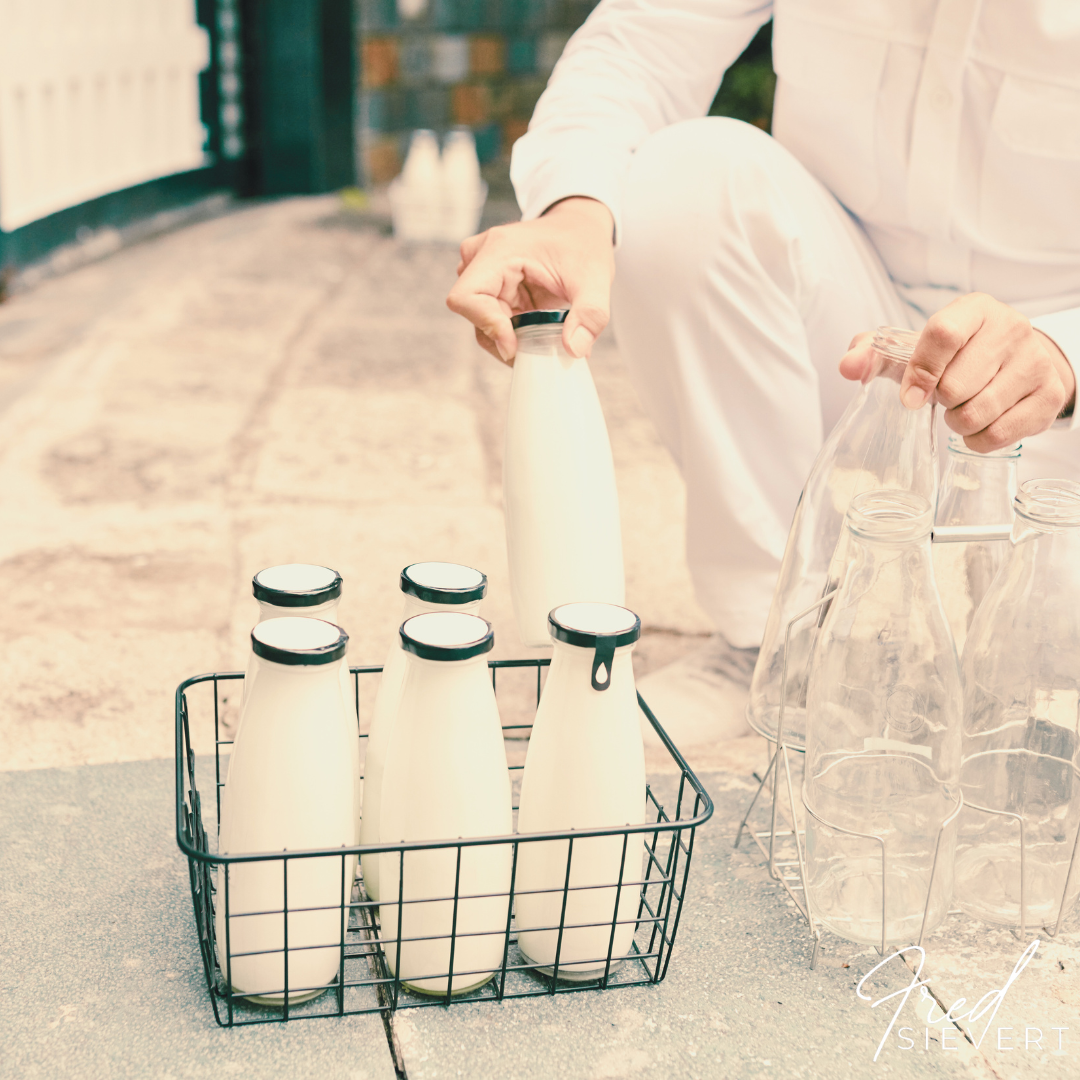Doing What’s Right
“Better is a poor man who walks in his integrity than a rich man who is crooked in his ways.” — Proverbs 28:6 (ESV)
In 1953, I was a five-year-old boy living on a dead-end street in a quiet Detroit neighborhood. Life felt safe. We roamed the block freely, no parents hovering, no constant supervision—just kids being kids. Today, it’s hard to imagine letting young children explore a neighborhood alone, but back then, the streets felt like an extended family room.
Our world was built on trust and simplicity. Neighbors knew each other. Moms stayed home; dads were returning from war and building careers. Everyone waved, said hello, and pitched in when someone was in need. We didn’t have smartphones or the internet. Our TV had a fuzzy black-and-white screen with just a few channels, and we often preferred playing outside to watching it anyway.
Children made their own fun—imagination wasn’t just encouraged, it was required. There were no apps or algorithms shaping our attention, only trees to climb, friends to race, and dirt to dig in. Our heroes weren’t influencers; they were milkmen, firemen, and the paperboy. The milkman, in particular, was a regular and friendly presence, with a smile and a wave every morning. He was just another face in the small, dependable network of people that made up our lives.
One day, he called out with a grin, “Hey, Freddy, how would you like a ride in my truck?” I didn’t hesitate. For a five-year-old, this was the kind of spontaneous adventure dreams were made of. I climbed into the front seat with excitement.
But as the truck turned a corner, I lost my balance and fell out the open door, my head hitting the curb with brutal force. I was unconscious. The milkman panicked. Neighbors ran to help. And my parents—though they had never been particularly religious—began to pray with everything they had.
“Please, God, let him live.”
When I woke up in a hospital room, groggy but alive, my mother exclaimed, “Oh, Freddy! Thank God! Thank you, God!” It was the first time I had ever heard those words from her lips. Even at five, I sensed something had shifted.
Though doctors were unsure about the long-term effects, I recovered quickly. We began attending church—not every week, but God became a more regular topic of conversation in our home. My injury had cracked open a spiritual door.
Then came a visit to a lawyer. I remember the man’s kind voice as he said, “Hi, Freddy, I hear you got a big bump on the head. Can you tell me about it?” His questions nudged me to say something negative about the milkman, to build a case for negligence.
Afterward, the lawyer explained to my parents that they could sue the dairy company. It would be a strong case, and we were far from wealthy. The money would’ve helped.
But my father, after prayerful reflection, stood firm. “No, we are not going to do this. Thank you for your advice.”
He explained the decision to me in words I’ve never forgotten: “The milkman made a terrible mistake, Freddy. But we’re not going to seek gain from his error. We’re just grateful that God brought you back to us. And we choose to forgive him.”
That choice—born of gratitude and guided by newfound faith—became a defining lesson in my life. I didn’t fully grasp the legal or financial implications at the time, but I understood the message: doing the right thing sometimes means letting go of what you’re owed.
Looking back, I see just how different that moment was compared to the world our children grow up in today. Where we had freedom, kids today live with fear. Where we had face-to-face community, they now face digital isolation. Where we invented games, they download them. And where we learned to rely on faith, many today lean only on themselves or their devices.
But the heart of the lesson hasn’t changed.
Forgiveness is still better than retribution. Gratitude is still stronger than greed. And doing what’s right—especially when no one would blame you for doing otherwise—is still the truest reflection of integrity.
I thank God not only for my healing but for the powerful example my parents gave me. Their decision planted a seed of faith that grew quietly over time and has shaped the way I live, lead, and love.



